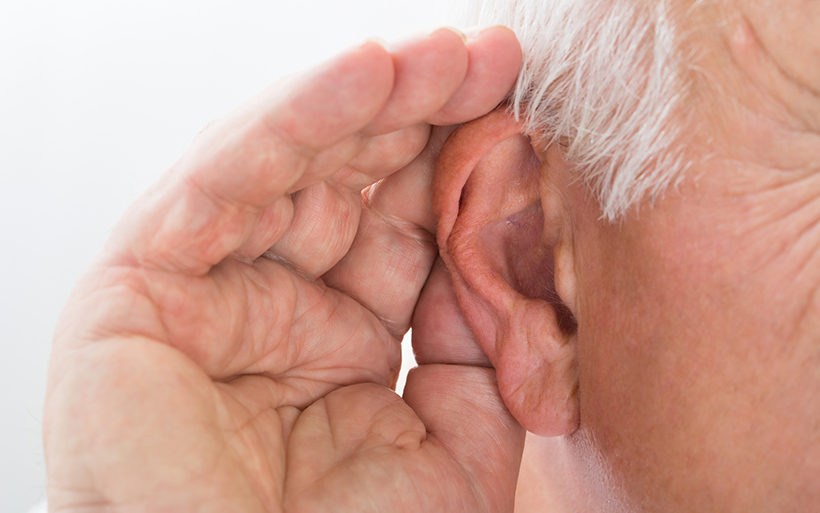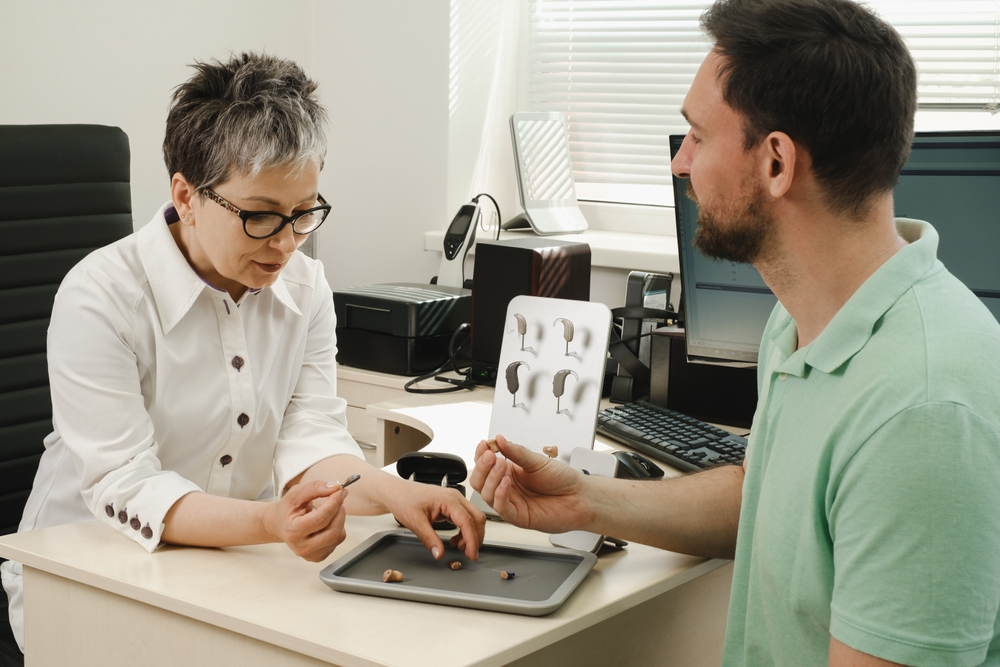When you are wearing a standard hearing aid, it can be challenging to focus on the sounds you want to hear due to the interference of background noises and echoes. This is because standard hearing aids amplify all sounds.
Even while wearing the devices, you may have to resort to relying on lip-reading and may have difficulty keeping up with discussions that involve multiple people. However, noise filters can be used to help you concentrate on the sounds that are directly in front of you.
Hearing Vs Listening
It is important to understand the distinction between hearing and listening. Hearing pertains to perceiving sound, while listening is the how you are able to understand the sounds that you hear. It is impossible to listen to what you are unable to hear. Using hearing aids with noise filters allows you to improve your ability to both hear and listen.
A Brief Note About Noise
When discussing hearing aid noise filters, noise refers to any unwanted sound, the definition of which can vary from person to person and situation to situation. For example, music, speech, and environmental sounds can all be classified as wanted or unwanted noise, depending on the circumstances in which you find yourself.
How Do Noise Filters Work?
Hearing aids are typically composed of a microphone, speaker, and amplifier. The microphone picks up the sound waves, converting them to electrical signals before sending them to the amplifier to be magnified and then sent to the ear via the speaker. A noise filter allows the hearing had to reduce only the amplification of the noise while allowing the desired sound signals intact.
Speech and noise have certain acoustical differences, and the sensors used in noise filters can use these differences to determine what should be diminished and what should be amplified. The technology for noise filters, or the digital noise reduction technology, will vary with each hearing aid manufacturer, but all are created to reduce how much noise the wearer of the hearing aid will hear.
The filter is constantly monitoring the sound waves received by the microphone and uses predetermined indicators to distinguish noise from speech. Generally, very modulated sounds, or those that have both high and low sounds, are most likely to be speech and should be preserved. Sounds that have little or no modulations, such as the constant hum of a truck engine or the sound of a rotating ceiling fan, may be categorized as noise and may be minimized by the noise filter.
The Difference Hearing Aid Noise Filters Can Make
Hearing aid noise filters can allow you to:
- Have conversations with loved ones while in areas where there may be loud background noises, like in a restaurant or a store
- Concentrate on the sounds you need or want to hear while diminishing the sounds you want to ignore
- Participate in social activities without being self-conscious or fearful or having to request that statements be repeated



